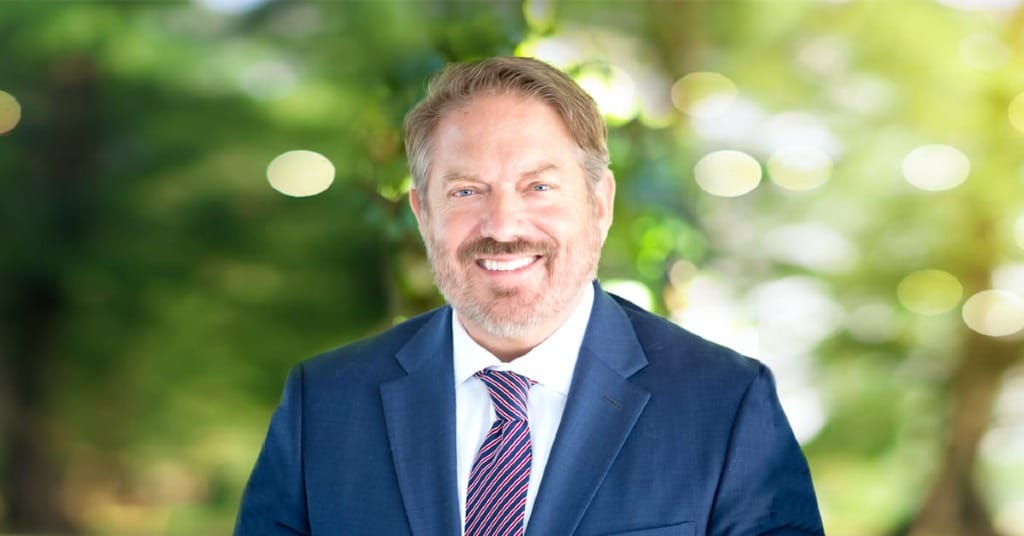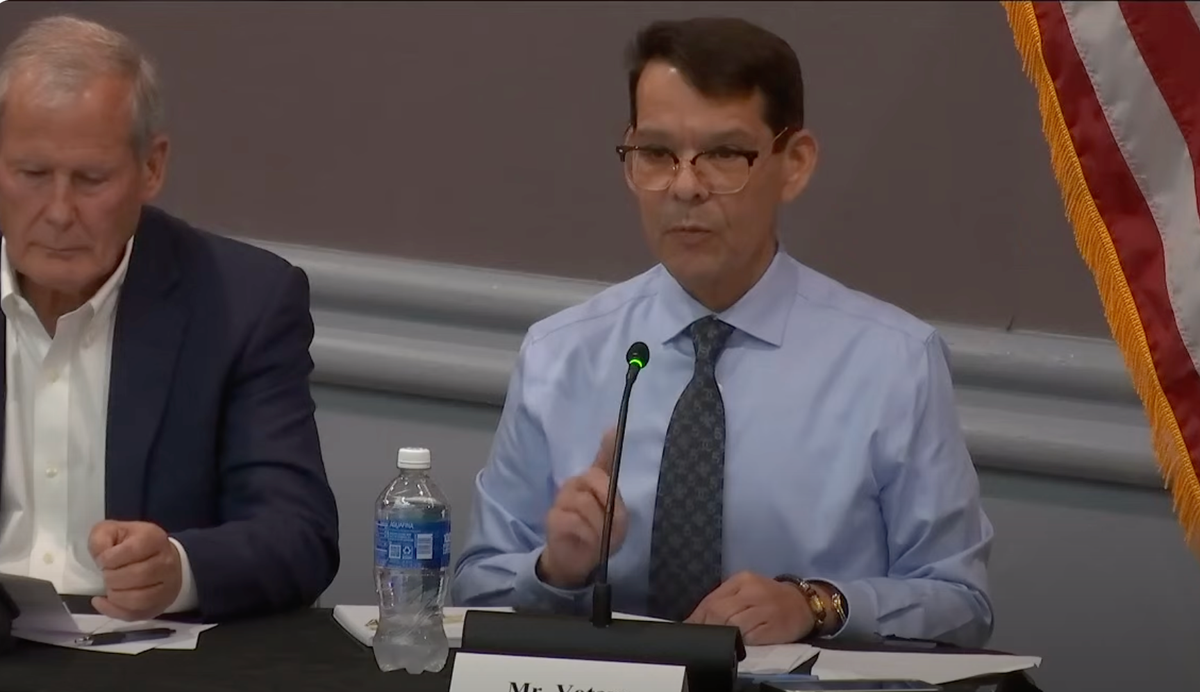
California
The team at California Department of Technology leads strategic planning and coordination of broadband deployments in the state.

 Photo of Scott Adams of the California Department of Technology
Photo of Scott Adams of the California Department of Technology
During the days in advance of the California Broadband Summit, Broadband Breakfast is profiling the leading state officials and their roles in California broadband.
June 4, 2024 – In 2021,Scott Adams was appointed as the new deputy director for Broadband and Digital Literacy within the California Department of Technology. The department is responsible to provide broadband equity for all residents of the state and works in collaboration with the California Public Utilities Commission, which develops policies and regulations to promote telecommunication coverage.
The CDT leads the state’s Broadband for All initiative and is responsible for the strategic planning and coordination of broadband deployment across the state. It is tasked with creating a Broadband for All portal to enable easy access to broadband information and tools. You can think of its responsibility as integrating the deployment broadband infrastructure with broadband access, availability, affordability and adoption.
Separately, the CPUC administers substantial funding programs to support broadband expansion. It is responsible for seeking and administering funding from federal and state funding programs, particularly the Broadband, Equity, Access, and Deployment program, of which California was awarded $1.9 billion.
On Wednesday at 11:25 a.m. PT
Fireside Q&A: Connecting the Dots on Digital Equity
As California seeks to deploy broadband infrastructure, it’s important not to separate fiber-optics and wireless towers from the ways that better broadband leads to better lives. In this fireside chat with Broadband Breakfast CEO Drew Clark, California’s Deputy Director of Broadband and Digital Literacy Scott Adams will discuss how California is connecting the dots between broadband access, availability, affordability and adoption: They all must work together to achieve digital equity.
California Broadband Summit
The event in Sacramento on Wednesday, June 5 is part of the CalMatters Ideas Festival on June 5-6, 2024.

The office of broadband and digital literacy manages the statewide efforts and organizations working on expanding broadband access in the state. Its goals include promoting broadband in unserved and underserved areas, ensuring public institutions have broadband access, and encouraging private and public relationships to support digital literacy.
CDT works with the governor’s tribal advisor, the California office of emergency services, the department of transportation, and department of education to support the implementation of its goals. Furthermore, the CDT runs the California Broadband Council, a 12-member group that seeks to support broadband implementation by identifying state resources, encouraging public and private partnerships, and recommending strategic policy.
In California, Rural Providers Lay Out Broadband Obstacles to House Lawmakers
More that needs to be done for rural Americans, the California-based providers argued.

Adams is a seasoned leader in the broadband industry. He served as the director of government and external affairs for Comcast in California for 8 years. In that position, he managed Comcast’s efforts to bring high-speed internet to low-income households.
During his years of working on the Comcast project, the program became one of the nation’s largest broadband adoption efforts and invested $1 billion to reach over 10 million low-income people. It promoted broadband adoption by offering affordable in-home connectivity, access to computers, and improved digital literacy programs.
Prior to working at Comcast, Adam ran his own consulting firm and worked on several environmental campaigns addressing California’s water crisis and clean energy initiatives. He received a master’s degree from UC Berkeley and a bachelor’s degree in liberal studies from California State University.
